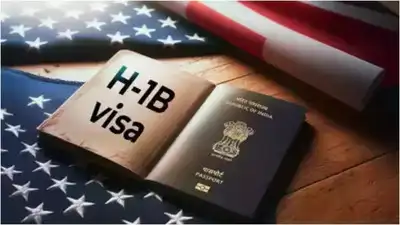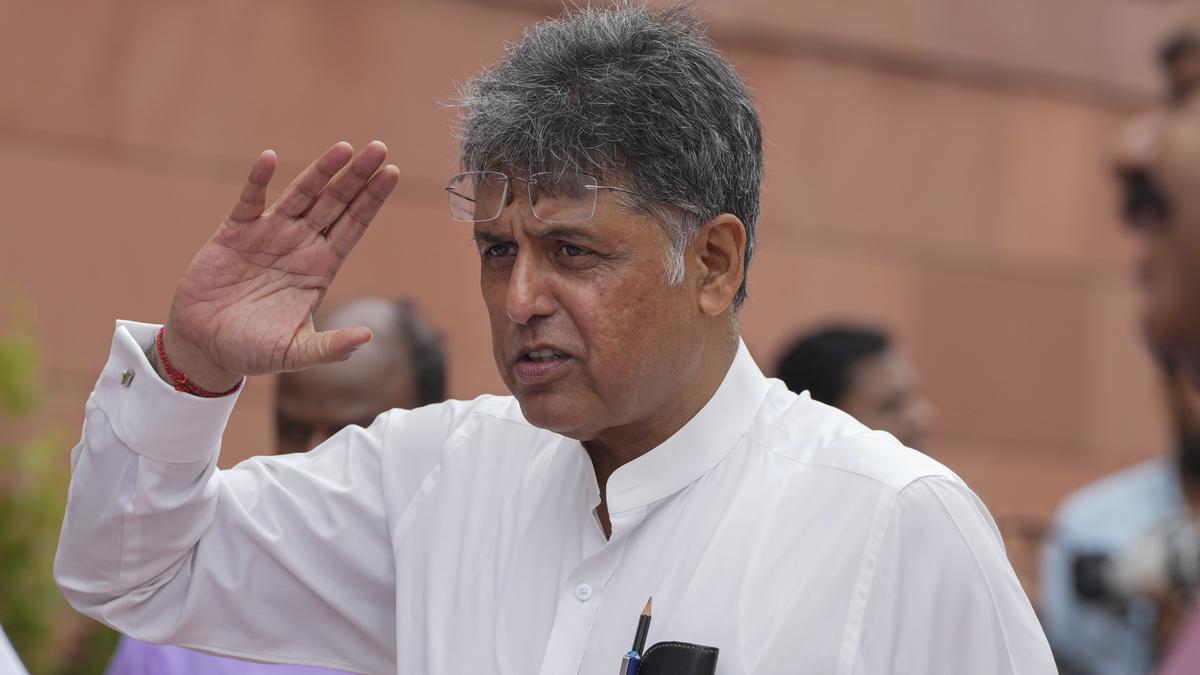ARTICLE AD BOX

The White House’s Office of Information and Regulatory Affairs (OIRA) has approved a proposed rule that could change how H-1B visas are given to specialty occupation workers. According to a Bloomberg report, the approval hints that the rule could be made public soon. As per the report, OIRA cleared the rule on August 8, 2025. Currently, the H-1B visa program is heavily used by the tech industry, allowing 85,000 new visas each year. Employers submit applications in the spring, and a random lottery decides which ones can move forward.
What the new H-1B visa rule may mean
President Donald Trump has long criticized the H-1B program, claiming some companies use it to replace US workers with cheaper foreign labor, especially the tech industry.If the new rule changes the H-1B selection to a wage-based system, only jobs in the top two wage groups (3 and 4) will be filled by H-1B workers. This would help protect entry-level jobs for Americans, but it would also make it harder for foreign graduates to find jobs in the US.
From lottery to wage-based system
Notably, the US Citizenship and Immigration Services (
USCIS
) has not shared details yet, but the plan is expected to bring back a proposal from the first Trump administration. The plan, as per reports, was aimed to replace the current random lottery with a system that gives priority to applicants based on wages.The first Trump administration introduced the wage-priority idea as part of its “Buy American, Hire American” policy, arguing it would ensure visas went to highly skilled, well-paid foreign workers.However, the Biden administration withdrew the plan in 2021 after receiving over 1,000 public comments opposing it. Critics said the rule would sharply cut the number of eligible foreign workers, especially in entry-level positions.In 2021, the Department of Homeland Security (DHS) suggested ranking applications based on four wage levels, giving preference to the highest-paid roles.Federal courts also blocked related efforts to raise the minimum wage levels for H-1B holders and narrow the definition of qualifying jobs. However, supporters of the wage-priority system argue it protects American jobs, while opponents say it limits opportunities for talented but lower-paid professionals.



.png)
.png)
.png)
















 17 hours ago
5
17 hours ago
5









 English (US) ·
English (US) ·